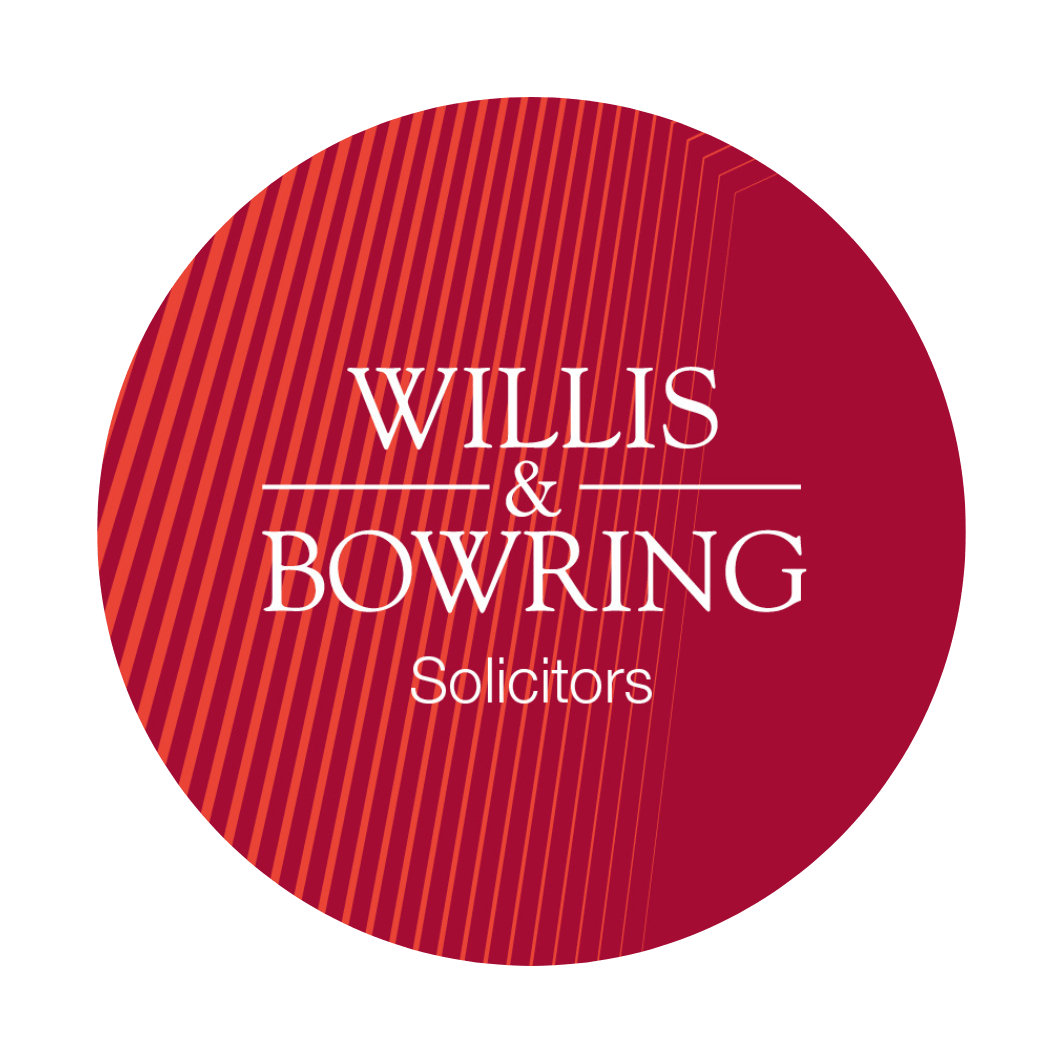Trustees – Unsure What To Do
A trustee is normally entitled to re imbursement out of trust funds for expenses incurred in the administration of the trust. However, a trustee could find themselves personally liable for the costs of litigation in which they get involved. After all, the trustee is gambling with other people’s money.
So how can a trustee protect itself when faced with a decision as to whether Court proceedings should be instituted, defended or settled?
The answer lies in Section 63 Trustee Act, 1925 which in part states:
“(1) A trustee may apply to the Court for an opinion, advice or direction on any question respecting the management or administration of the trust property, or respecting the interpretation of the trust instrument.
(2) If the trustee acts in accordance with the opinion, advice or direction, the trustee shall be deemed, so far as regards the trustee’s own responsibility, to have discharged the trustee’s duty as trustee in the subject matter of the application, provided that the trustee has not been guilty of any fraud or wilful concealment or misrepresentation in obtaining the opinion, advice or direction.”
As can be seen from the section itself, judicial advice can be sought not only concerning litigation on behalf of the trust but for any question respecting the management or administration of the trust property, or respecting the interpretation of the trust instrument. If in doubt, a trustee should consider seeking the protection that Section 63 provides.
Willis & Bowring can assist you in your application to the Supreme Court for judicial advice.
